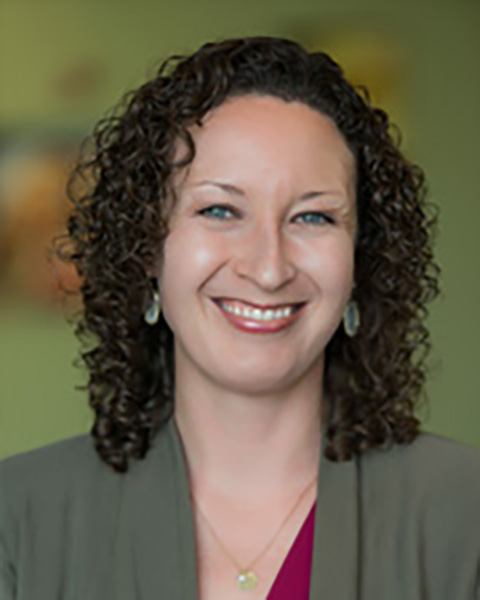DDNJ Podcast: Families Matter
An interview with Dr. Sarah Behrens
 A full transcript of this episode is available in English and Spanish.
A full transcript of this episode is available in English and Spanish.
According to the CDC, developmental monitoring means “tracking when or whether a child reaches the milestones that are expected by his or her age.” This monitoring is important for parents and caregivers to track a child’s health (Center for Disease Control and Prevention).
In the most recent episode of the Developmental Disabilities Network Journal's podcast Author Insights, Dr. Sarah Behrens explores the importance of involving families in this developmental monitoring process. The episode was hosted by the Institute for Disability’s executive director, Matthew Wappett.
Dr. Behrens describes developmental monitoring as an “informal process.” The two important components are “conversation” and “observations.” No specialized tools or programs are needed for developmental monitoring; “It’s something everybody could do,” Dr. Behrens said.
Dr. Behrens, along with Evan Dean and Marisol Torres, conducted a developmental monitoring study. “The main purpose was to really better understand family experiences with developmental monitoring.” The results of the study identified three main themes: Developmental monitoring with physicians is not common; families use diverse support to learn about child development, including community-based programs; and contextual factors (maternal health, work demands, and demographic components) influence and shape child development.
The COVID-19 pandemic struck in the middle of the study, which caused trouble as much of the data was being collected in person. The team adapted quickly and continued their important work. Dr. Behrens said, “The families stuck with us, and we were fortunate to get all the data and to move forward and analysis. We were very grateful for everybody's contribution.”
“The number one thing that I'd love for readers to take away is that families matter. Their voice matters, their experiences matter, their opinions matter—especially when it comes to their children, whether they're typical developing or have a child with a disability,” she said.
Wappett agreed, “We focus on the importance of involving families in the developmental monitoring process and the remarkable depth of knowledge and experience that parents have regarding their children and the importance of respecting and honoring parent perspectives.”
To learn more about developmental monitoring, check out the available resources below.
You can learn more about the journal and its companion podcast on our website. Subscribe to DDNJ Author Insights on Apple Podcasts, Spotify and Google Podcasts.
Resources
Juniper Gardens Children's Project
Kansas University Center of Developmental Disabilities
About the Author
Dr. Behrens graduated from the University of Kansas Medical Center in Therapeutic Science with a research emphasis on early identification practices for young children and their families. She has a master's in social work and is a former LEND trainee. Serving families and children with autism spectrum disorder, Dr. Behrens was the project coordinator for the autism diagnostic initiative with the Kansas State Department of Education TASN project and KU Medical Center's diagnostic clinic for 10 years. Currently, she is a coach on the PRISM project at KU's Juniper Gardens Children's Project. In the Spring 2022 issue of the Developmental Disabilities Network Journal, Dr. Behrens along with Evan Dean and Marisol Torres authored, the article entitled “Family Perspectives on Developmental Monitoring: A Qualitative Study.”

